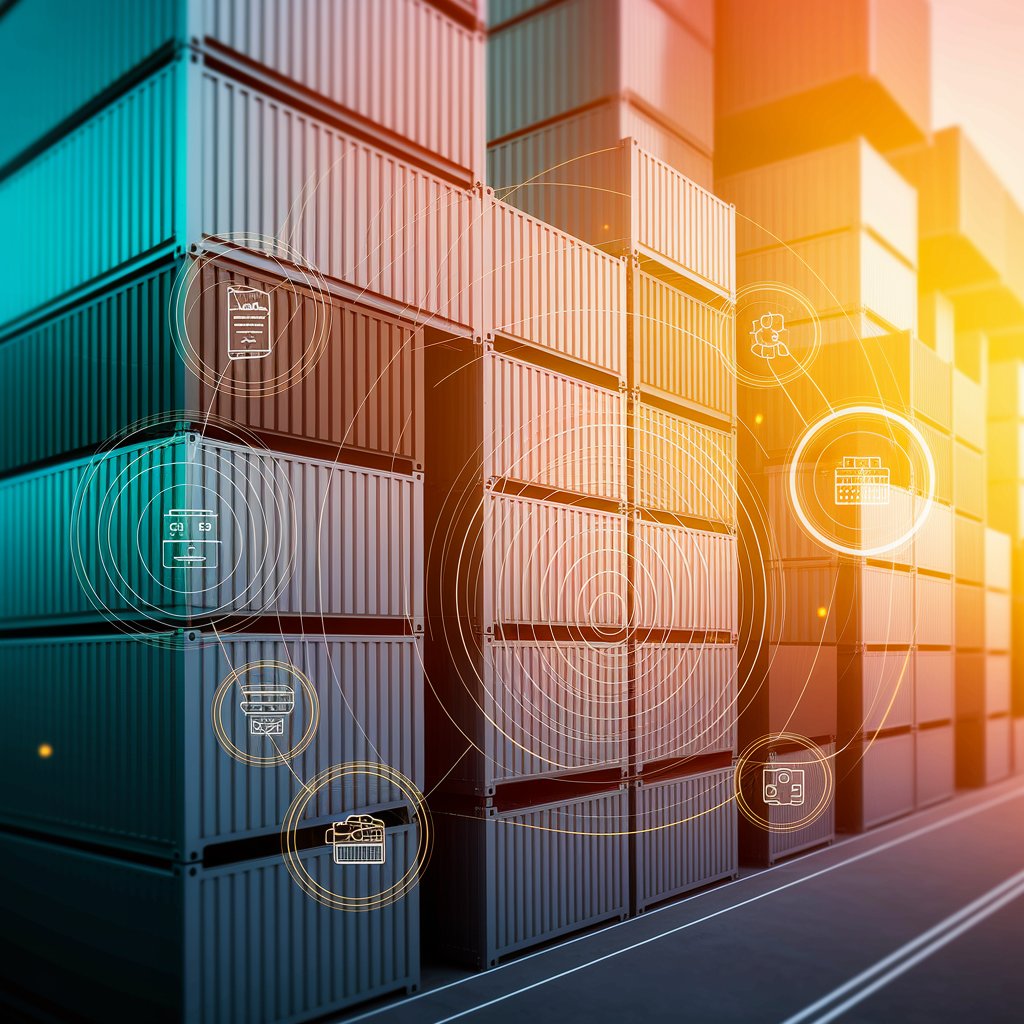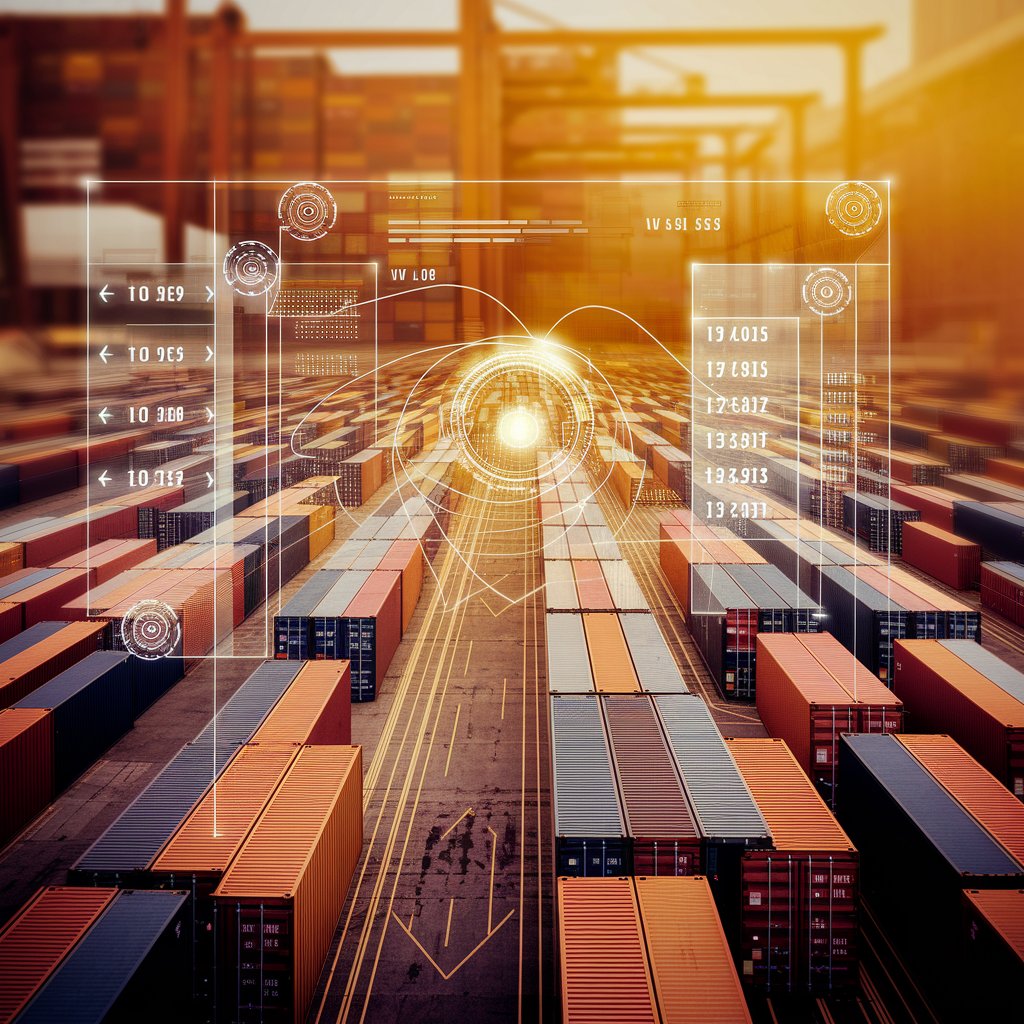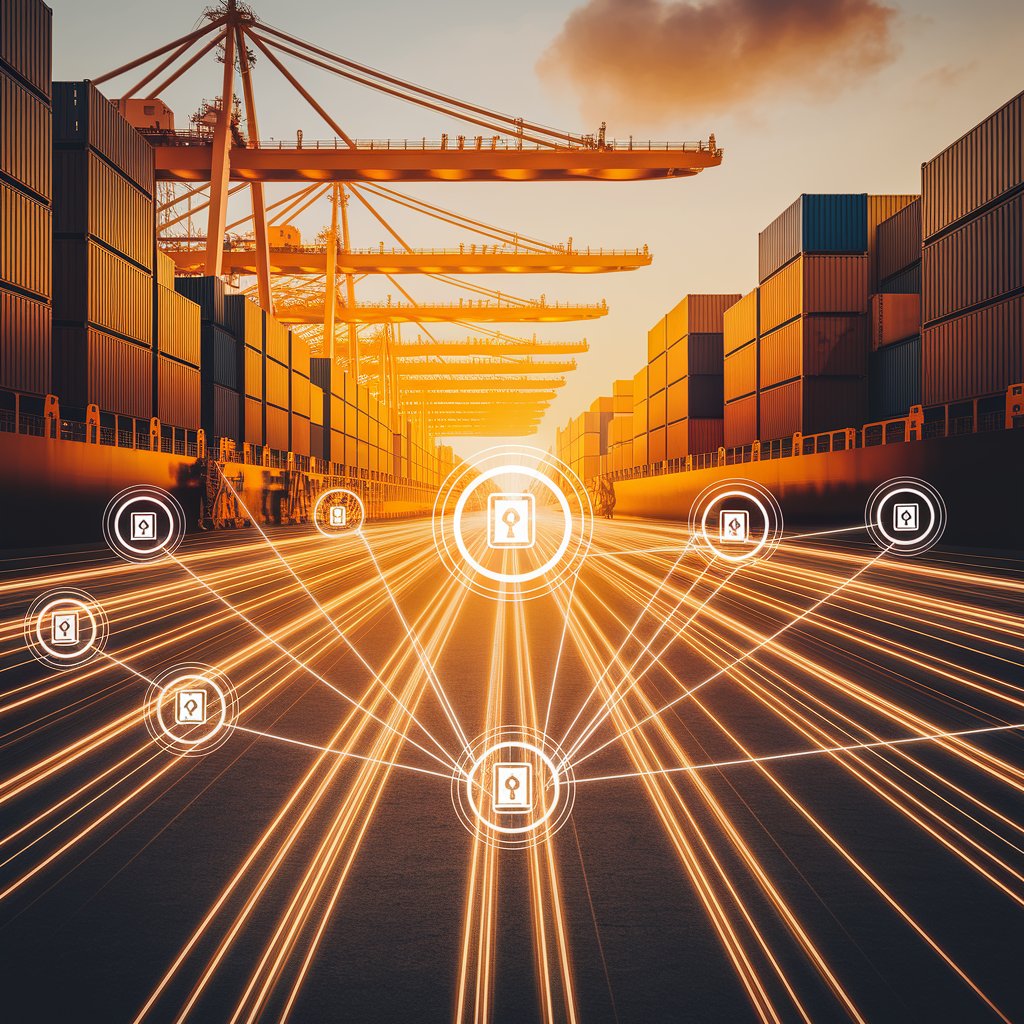Automated Cargo Processing: Redefining Efficiency in Global Logistics

Introduction
This is where automated cargo processing delivers transformation. By digitizing and automating cargo workflows, logistics providers gain faster operations, improved compliance, and greater transparency—creating a more efficient and customer-centric logistics network.
What Is Automated Cargo Processing?
Automated cargo processing is the use of digital platforms, AI, and robotics to manage cargo workflows without manual intervention. It covers everything from booking and documentation to customs clearance, cargo inspection, and final delivery confirmation.
The goal is to create a seamless, error-free process that accelerates cargo handling while ensuring compliance and efficiency.

Key Features of Automated Cargo Processing
- Digital Documentation: Automatic generation and submission of shipping documents.
- AI-Powered Validation: Real-time checks to ensure accuracy and compliance.
- Customs Integration: Automated filing and clearance processes.
- Cargo Scanning Systems: Robotics and AI for faster inspections.
- Unified Dashboards: Centralized monitoring of cargo movements and statuses.
Benefits for Logistics Providers
- Speed: Reduce processing times from days to hours.
- Error Reduction: Eliminate human mistakes in data entry and filing.
- Cost Savings: Cut administrative expenses and avoid penalties.
- Transparency: Provide clients with live updates on cargo status.
- Scalability: Manage growing shipment volumes with minimal additional staff.

Real-World Applications
- Freight Forwarders: Automate documentation and customs filings for clients.
- Carriers: Streamline port and airport cargo handling.
- 3PL Providers: Deliver faster, more reliable services through automated workflows.
- E-commerce Logistics: Accelerate high-volume order processing.
- Cold Chain Logistics: Ensure sensitive goods clear inspections quickly and safely.
The Future of Automated Cargo Processing
The future of automated cargo processing will integrate AI, IoT, blockchain, and digital twins. AI will optimize compliance and speed, IoT sensors will provide real-time cargo conditions, blockchain will secure digital records, and digital twins will simulate full cargo operations. This will lead to self-operating cargo ecosystems that manage themselves with minimal human intervention.

Conclusion
Automated cargo processing is revolutionizing logistics by accelerating operations, reducing errors, and enhancing visibility. From automated documentation to AI-powered inspections, it empowers logistics providers to deliver faster and more reliable service. For companies aiming to thrive in global markets, cargo automation is not just a technology upgrade—it is the foundation of efficient, scalable, and future-ready supply chains.
